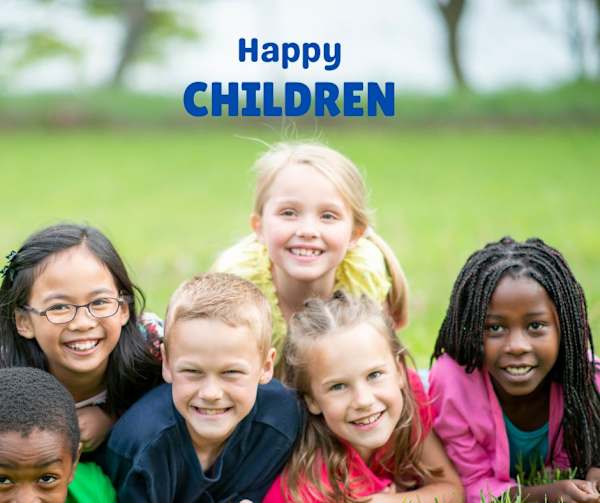Good morning.
I often tell my kids that to learn self-advocacy, they have to practice it with me first. When I say I encourage them to “talk back,” some adults—parents and non-parents alike—balk. What I mean is: speak up if you feel I’m being unfair. Even if you’re nervous, say it anyway. That practice builds character and courage, and it teaches them how to navigate conflict with authority in a respectful, harm-reducing way.
Too often, adults don’t see children as autonomous people; they see them as something to control. That mindset is why I believe kids are among the most marginalized groups on the planet. So when my children voice disagreement, some read it as disrespect—because many of us were raised to think any “back talk” equals disobedience. I don’t subscribe to that. Allowing my kids to say, “This hurts,” or “This doesn’t feel fair,” has been one reason I’ve never received a disciplinary call from their schools—across a senior, a junior, and an elementary-age child.
This isn’t to claim I’m a better parent. I’m offering another lens. I’m not a “gentle parenting” purist (though I respect those who are). I practice conscious parenting: extending grace to my children and to myself while guiding them toward adulthood in ways that reduce harm—to them and to our community.
